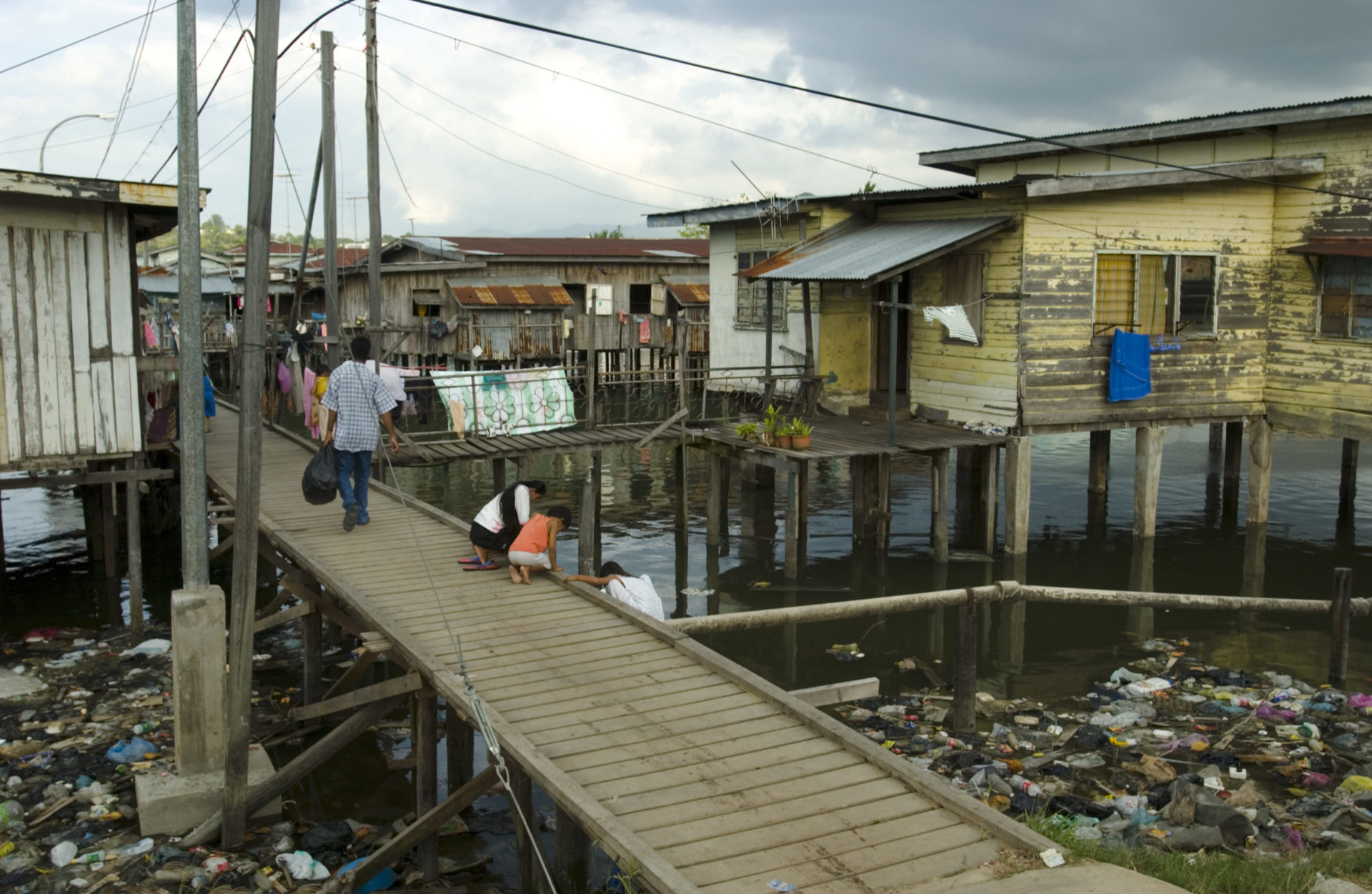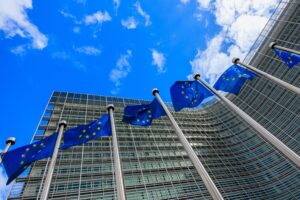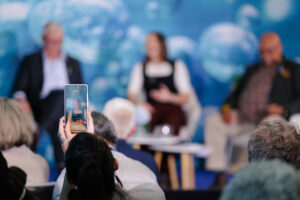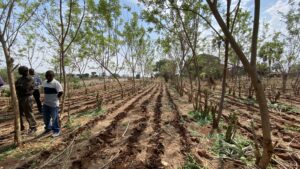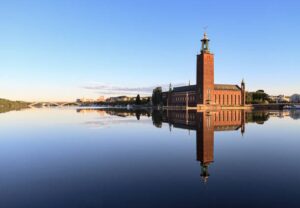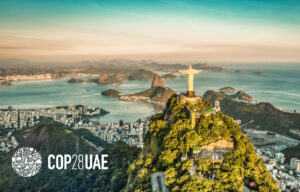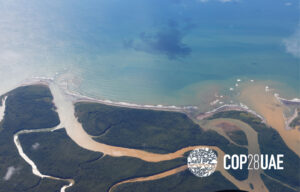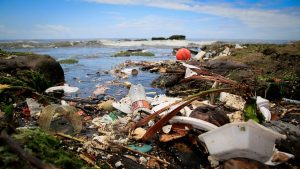Source-to-Sea Framework for Marine Litter Prevention – Released!
This report presents a framework for preventing marine litter based on the source-to-sea conceptual framework presented in Granit et al., 2017 and the practitioners’ guidance for implementing the source-to-sea approach in Mathews et al., 2019.
Addressing issues from the holistic perspective of the source-to-sea system and strengthening coordination between sectors is central to the source-to-sea approach. The Source-to-Sea Framework for Marine Litter Prevention is intended to be useful when determining measures concerning governance, management, practices and behaviour which facilitate progress toward a reduction in the quantities of plastic entering the oceans. It can guide both the public and private sectors in addressing the issue of plastic waste in rivers and oceans.
The Source-to-Sea Framework for Marine Litter Prevention takes a holistic view of the sources of and solutions to the problem of marine litter and follows a six step approach that will:
- Characterize the sources, types, behaviour and impacts of plastics in riverine and marine environments;
- Identify who is impacted by plastic pollution, both directly and indirectly, who contributes to plastic leakage and who can provide solutions;
- Diagnose how waste is managed /mismanaged and how the current governance framework is or is not preventing plastic from entering the riverine and marine environments;
- Describe the changes needed to prevent plastic leakage, e.g. governance, waste management services, infrastructure, behaviour change, design, production and use of plastic goods, etc;
- Develop interventions to prevent plastic leakage, at
local to global scales and identify financing mechanisms for these interventions; and - Monitor the outcomes of the interventions, identify key uncertainties and gaps in knowledge that need to be addressed, disseminate learning globally and manage for progressive development.
The Source-to-Sea Framework for Marine Litter Prevention highlights the central role of the river basin in shaping the interventions needed to prevent plastic leakage. It brings together upstream and downstream parties to build a common understanding of the issue of marine litter and feeds information about both sources and impacts of plastic pollution into the prioritization of the steps needed to address the issue. The Framework establishes coordination across sectors that each have a contribution to make in getting control of plastic waste while also addressing behaviour change from an individual scale to the global community through establishing enabling conditions that facilitate this change.
